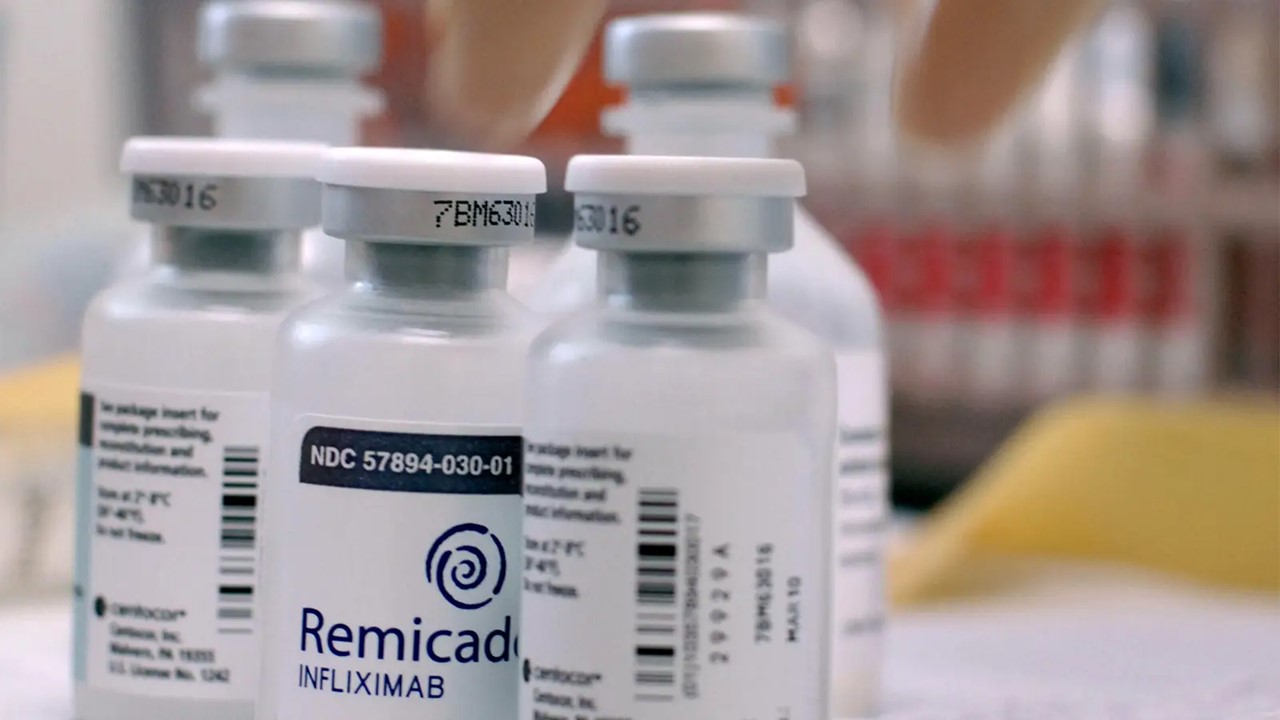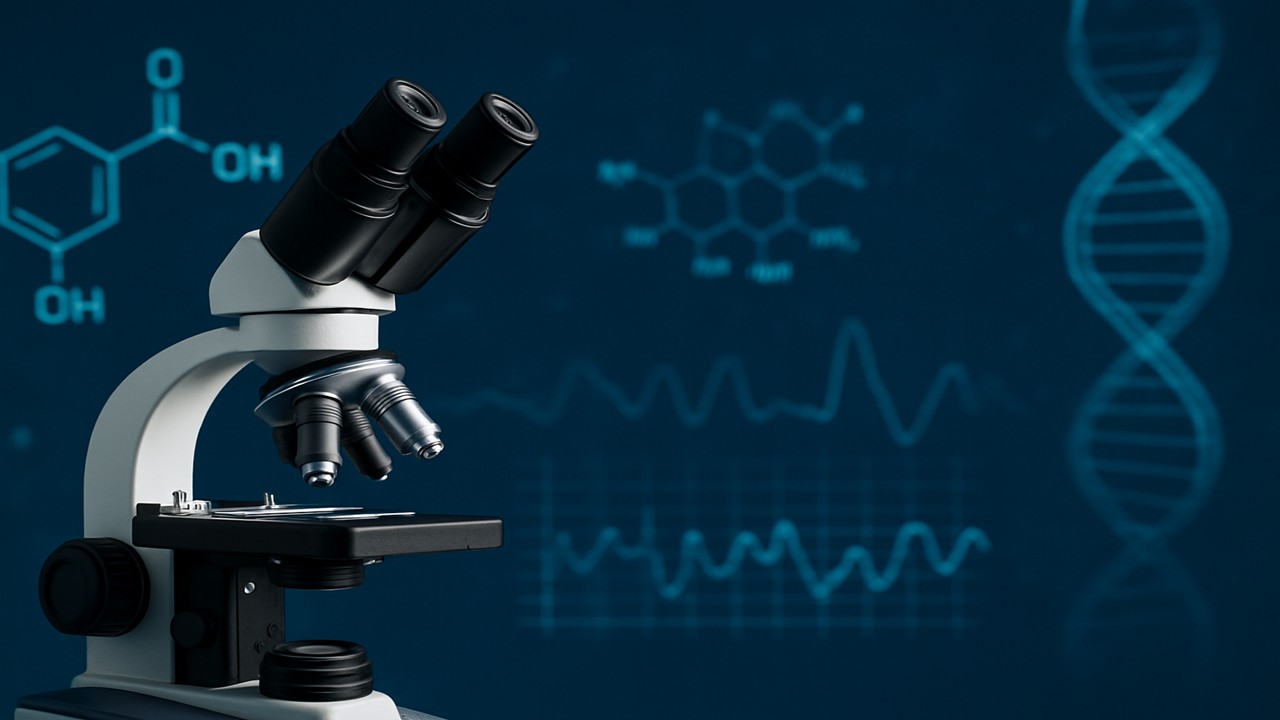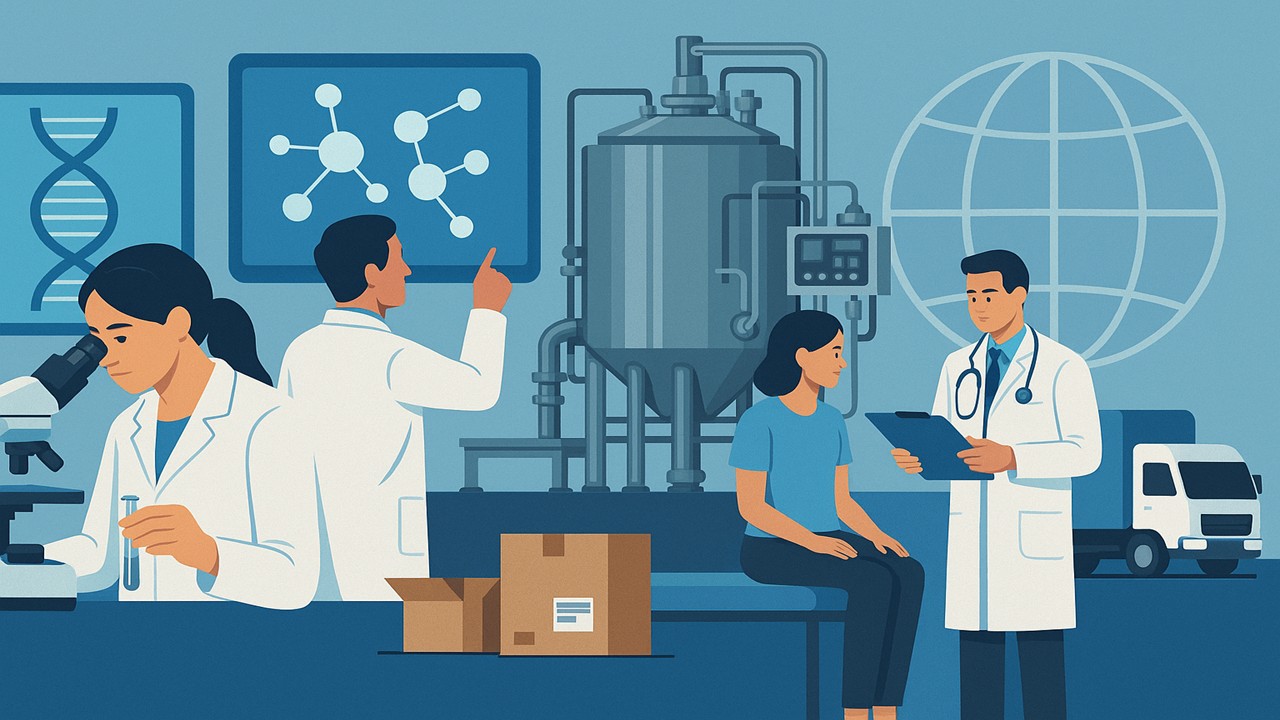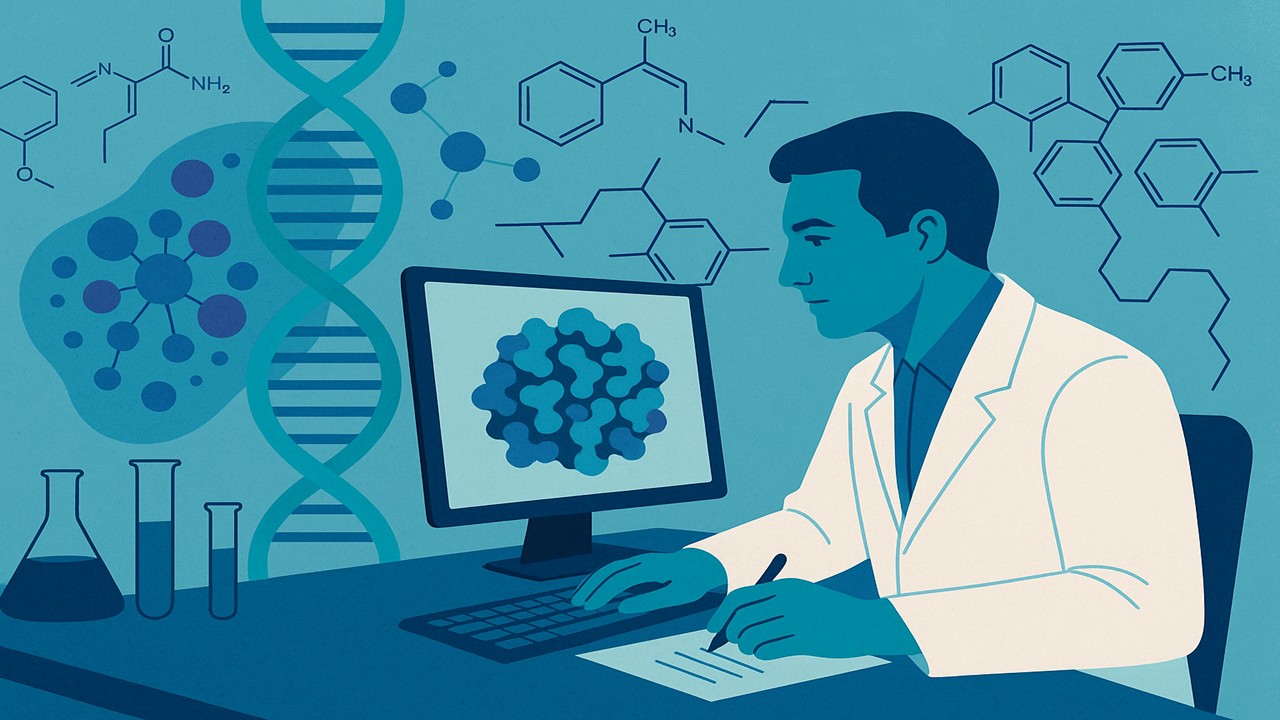Gilead Sciences, Inc. is a research-based biopharmaceutical company that is committed to discovering, developing, and commercializing innovative therapeutics to advance the care of patients suffering from life-threatening diseases. Gilead’s mission is to advance the frontiers of medicine to help patients live healthier, fuller lives.
Founded in 1987, Gilead has a rich history of innovation and discovery in the field of healthcare. Over the years, the company has made significant strides in the treatment of HIV, hepatitis B and C, and other life-threatening diseases. Gilead’s portfolio of therapeutics includes some of the most effective and widely used medications in the world, including Atripla, Harvoni, and Sovaldi.
One of Gilead’s greatest achievements is the development of antiviral medications that have transformed the treatment of HIV and hepatitis C. In 2012, the company received FDA approval for Truvada, the first medication approved for pre-exposure prophylaxis (PrEP) for HIV prevention. Gilead’s commitment to innovation has also led to the development of medications that cure hepatitis C in as little as 8-12 weeks.
Research and Development
Gilead Sciences’ primary goal is to discover, develop, and provide innovative therapies that can address the unmet medical needs of patients worldwide. The company invests heavily in research and development to create new treatments and to improve the effectiveness of existing ones. Gilead’s R&D department is composed of scientists who work tirelessly to identify new targets and develop novel therapies.
Gilead’s pipeline of investigational products is designed to address some of the most challenging and complex diseases. The company has a strong focus on oncology, inflammation, and virology, and is committed to developing transformative therapies for these areas. Gilead’s research and development efforts are driven by the desire to improve the quality of life for patients around the world.
Therapeutic Areas
Gilead Sciences’ therapeutic areas of focus include oncology, virology, inflammation, and liver diseases. The company’s portfolio of innovative therapies includes products for the treatment of cancer, HIV, hepatitis B and C, and more.
Oncology
Gilead Sciences is dedicated to advancing cancer research and developing innovative therapies that can improve the lives of patients. The company’s oncology portfolio includes a range of products that target various types of cancer, including breast cancer, lymphoma, and more. Gilead’s oncology pipeline includes investigational products that have the potential to transform the treatment of cancer.
Virology
Gilead Sciences is a leader in the field of virology, with a portfolio of innovative therapies for the treatment of viral infections. The company’s products for HIV, hepatitis B and C have helped millions of patients worldwide, and Gilead is committed to continuing to innovate in this area. The company’s pipeline of investigational products includes potential therapies for the treatment of respiratory syncytial virus (RSV), coronavirus (COVID-19), and more.
Inflammation
Gilead Sciences’ portfolio includes innovative therapies for the treatment of inflammation-related diseases. The company’s pipeline of investigational products includes potential treatments for diseases such as rheumatoid arthritis, ulcerative colitis, and more. Gilead’s commitment to developing transformative therapies for inflammation-related diseases is driven by the desire to improve the lives of patients around the world.
Liver Diseases
Gilead Sciences’ portfolio of innovative therapies includes products for the treatment of liver diseases, including hepatitis B and C. The company’s pipeline of investigational products includes potential therapies for the treatment of nonalcoholic steatohepatitis (NASH) and more. Gilead’s commitment to advancing the treatment of liver diseases is driven by the desire to improve the lives of patients around the world.
Corporate Responsibility & Partnerships
Gilead Sciences is committed to being a responsible corporate citizen and making a positive impact on society. The company has established initiatives that focus on sustainability, corporate governance, and social responsibility. Gilead is dedicated to operating in an environmentally responsible manner, reducing its carbon footprint, and contributing to the communities where it operates.
Gilead also partners with organizations around the world to help address unmet medical needs and provide access to innovative therapies. The company’s initiatives in this area include partnerships with global health organizations, community-based organizations, and patient advocacy groups.
Gilead’s success is built on strong partnerships with leading academic institutions, biotech and pharmaceutical companies, and healthcare organizations around the world. Through these partnerships, Gilead is able to leverage cutting-edge research and technology to accelerate the development of new treatments and bring them to market more quickly.
Continuing the Legacy
Looking to the future, Gilead is focused on continuing its legacy of innovation and discovery in the field of healthcare. The company is committed to investing in research and development to bring new therapies to patients suffering from some of the most serious and life-threatening diseases.
In 2021, Gilead announced its intention to acquire MYR GmbH, a German biotech company specializing in the development of drugs to treat chronic hepatitis B. The acquisition will enable Gilead to expand its portfolio of therapeutics for this serious disease and further its mission of advancing the frontiers of medicine to help patients live healthier, fuller lives.
With a rich history of innovation and discovery, a portfolio of some of the most effective and widely used medications in the world, and a commitment to ongoing research and development, Gilead is well-positioned to continue its legacy of success and drive innovation in the field of healthcare for years to come.
Learn more at gilead.com.
Subscribe
to get our
LATEST NEWS
Related Posts
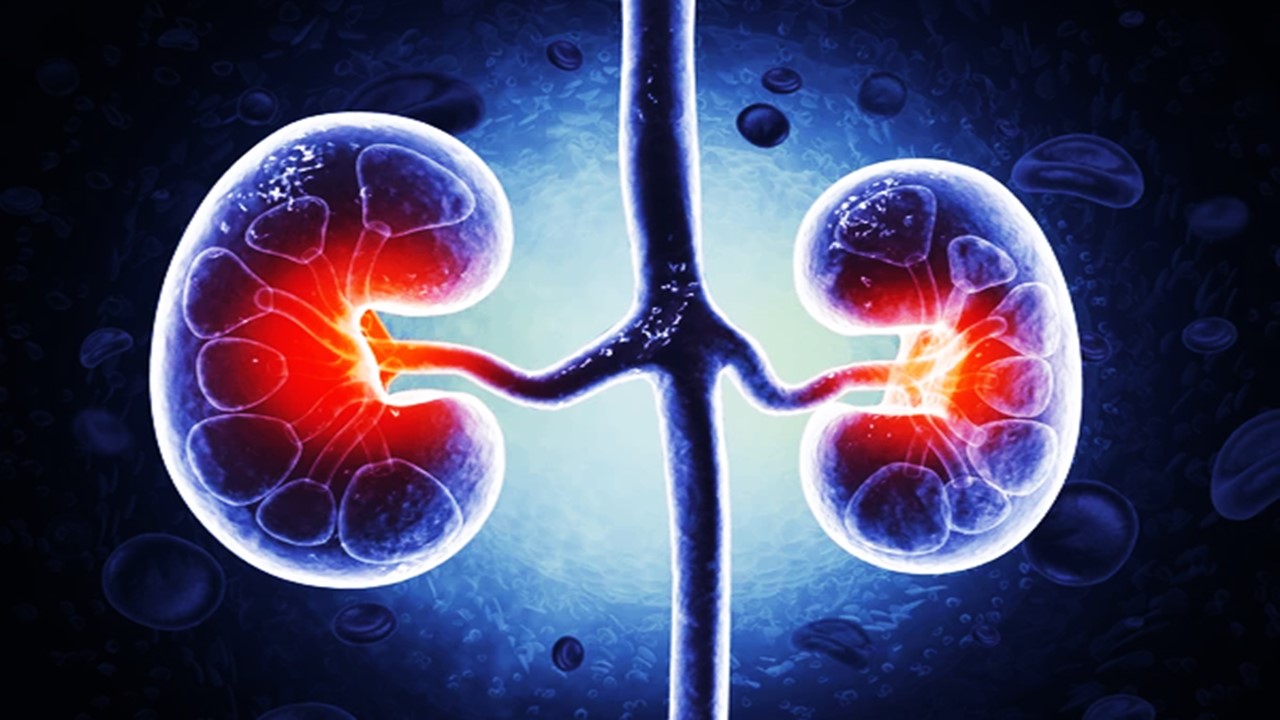
Chronic & Debilitating Diseases
Renopathology Tipping Point: Deciphering the Molecular Code of Stage 2 Chronic Kidney Disease
The molecular events of Stage 2 CKD, from inflammation to lipid metabolism, offer insights for diagnosis and treatment.
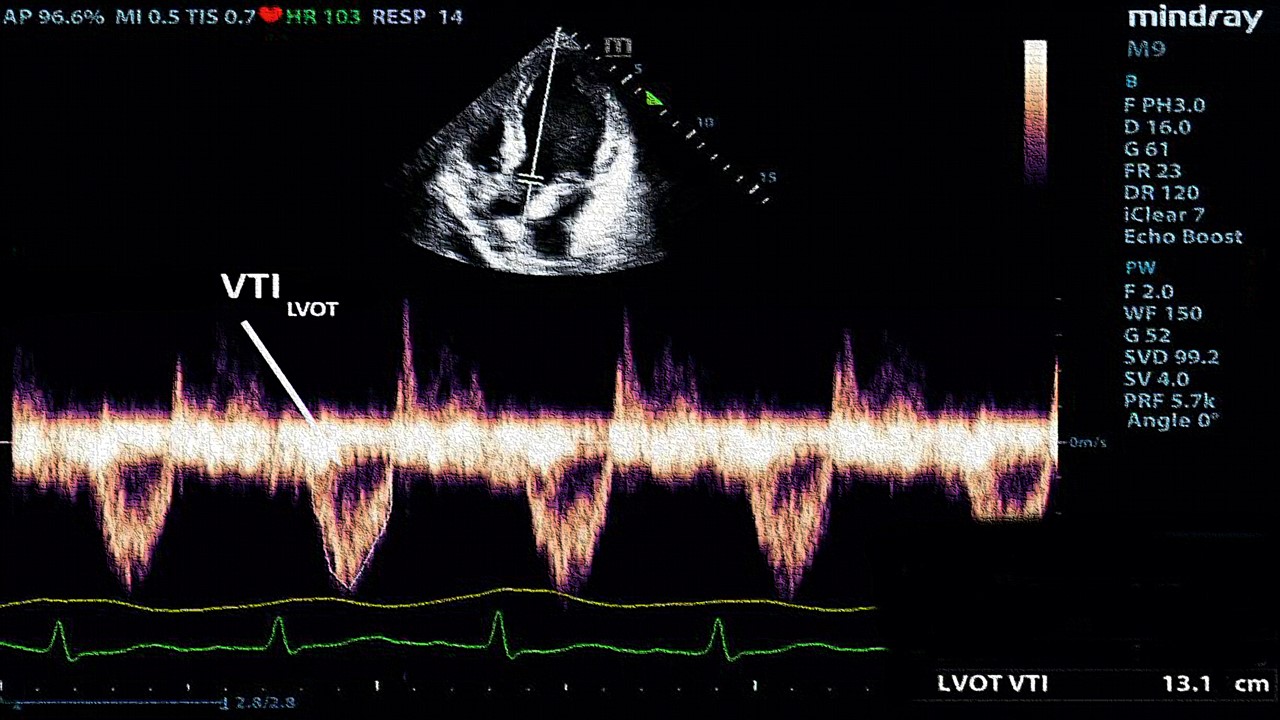
Chronic & Debilitating Diseases
A New Lens on Shock: Hemodynamic Insights Through Critical Care Ultrasound
CCU has transformed the hemodynamic assessment of shock, delivering a reliable, reproducible, and non-invasive tool for ICU clinicians.





